
Maria Temming
Assistant Managing Editor, Science News Explores
Maria Temming is the Assistant Managing Editor at Science News Explores. Maria has undergraduate degrees in physics and English from Elon University and a master's degree in science writing from MIT. She has written for Scientific American, Sky & Telescope and NOVA Next. She’s also a former staff writer at Science News.

All Stories by Maria Temming
-
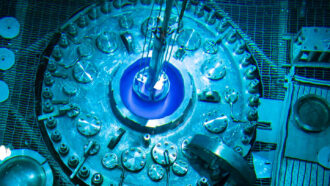 Physics
PhysicsScientists Say: Neutron
Neutrons are one of the main building blocks of atoms and have no electric charge.
-
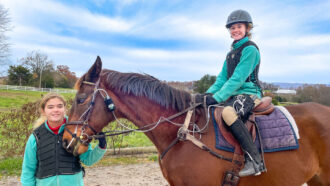 Tech
TechHow to turn your hobby into a seriously cool science project
This year’s Broadcom MASTERS finalists were inspired by their love of painting, horseback riding and other pastimes.
-
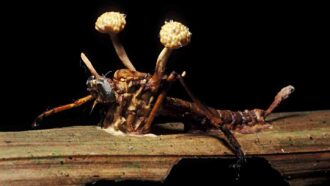 Animals
AnimalsLet’s learn about parasites that create zombies
Some parasites turn their victims into mindless puppets that do the parasites’ bidding, even at the cost of their own lives.
-
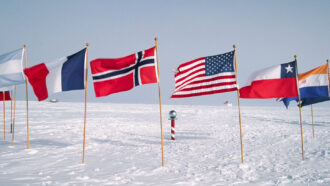 Earth
EarthScientists Say: Pole
A pole is either of two opposite ends of a molecule, magnet, battery, planet or other object.
-
 Science & Society
Science & SocietyWhat’s the fun in fear? Science explores the appeal of scary movies
On its face, the appeal of horror doesn’t make much sense. But scientists are starting to uncover who’s most likely to enjoy scary films and why.
-
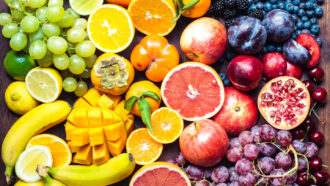 Plants
PlantsScientists Say: Fruit
Some foods usually called vegetables — such as tomatoes, cucumbers and peppers — are actually fruits.
-
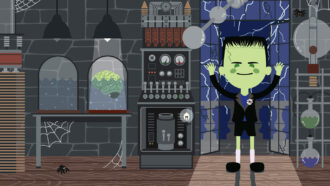 Life
LifeLet’s learn about modern Frankensteins
Modern scientists are creating strange new combinations of living tissue and trying to give dead things new life.
-
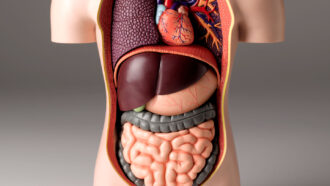 Health & Medicine
Health & MedicineScientists Say: Liver
This organ in the upper-right side of the belly does many essential jobs, such as cleaning blood and producing bile.
-
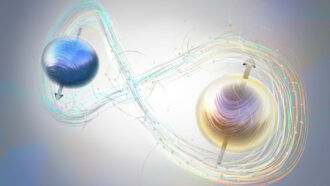 Physics
PhysicsExperiments on ‘entangled’ quantum particles won the physics Nobel Prize
Three pioneers in quantum physics share the 2022 Nobel Prize in physics.
-
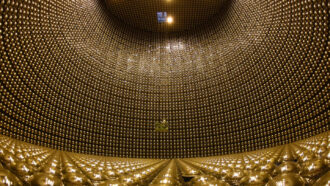 Physics
PhysicsLet’s learn about ‘ghost particles’
Ghostly particles called neutrinos are so lightweight that for a long time, they were thought to have no mass at all.
-
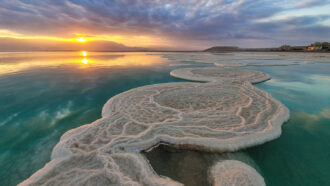
-
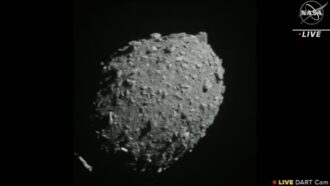 Tech
TechNASA’s DART spacecraft crashed into an asteroid — on purpose
This mission could provide a blueprint for how to deflect a killer asteroid, if one is ever found headed for Earth.